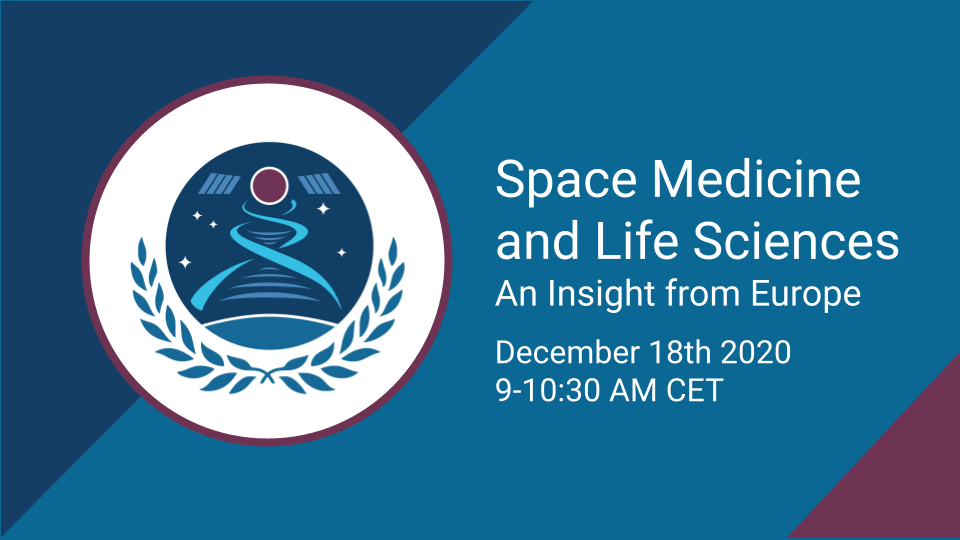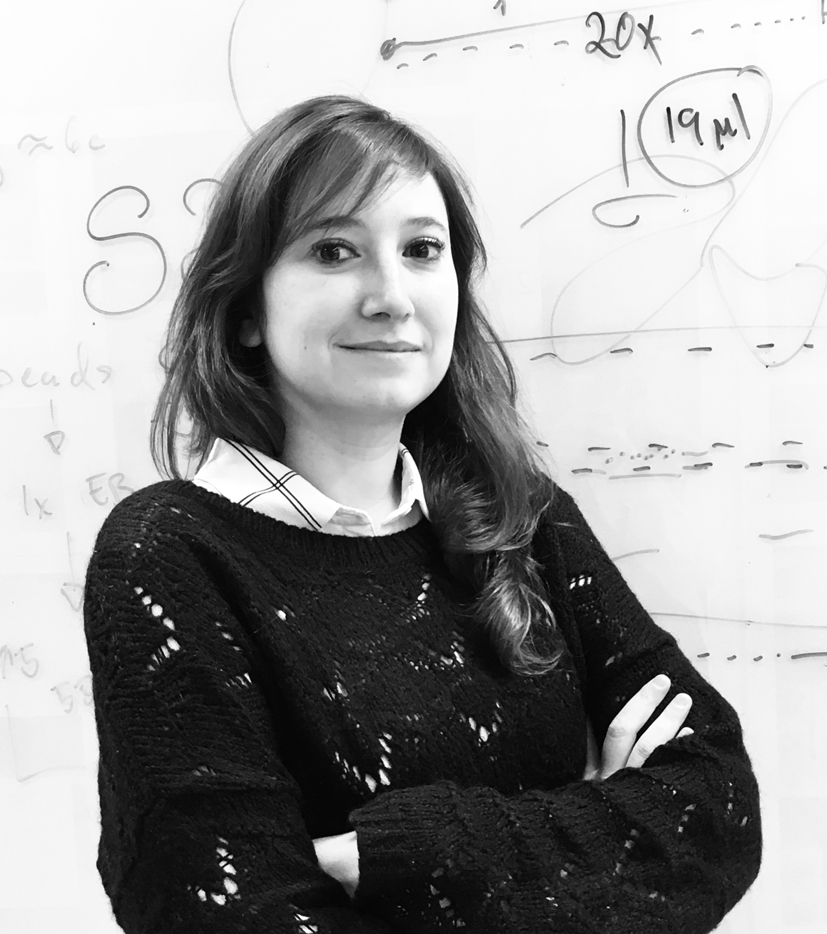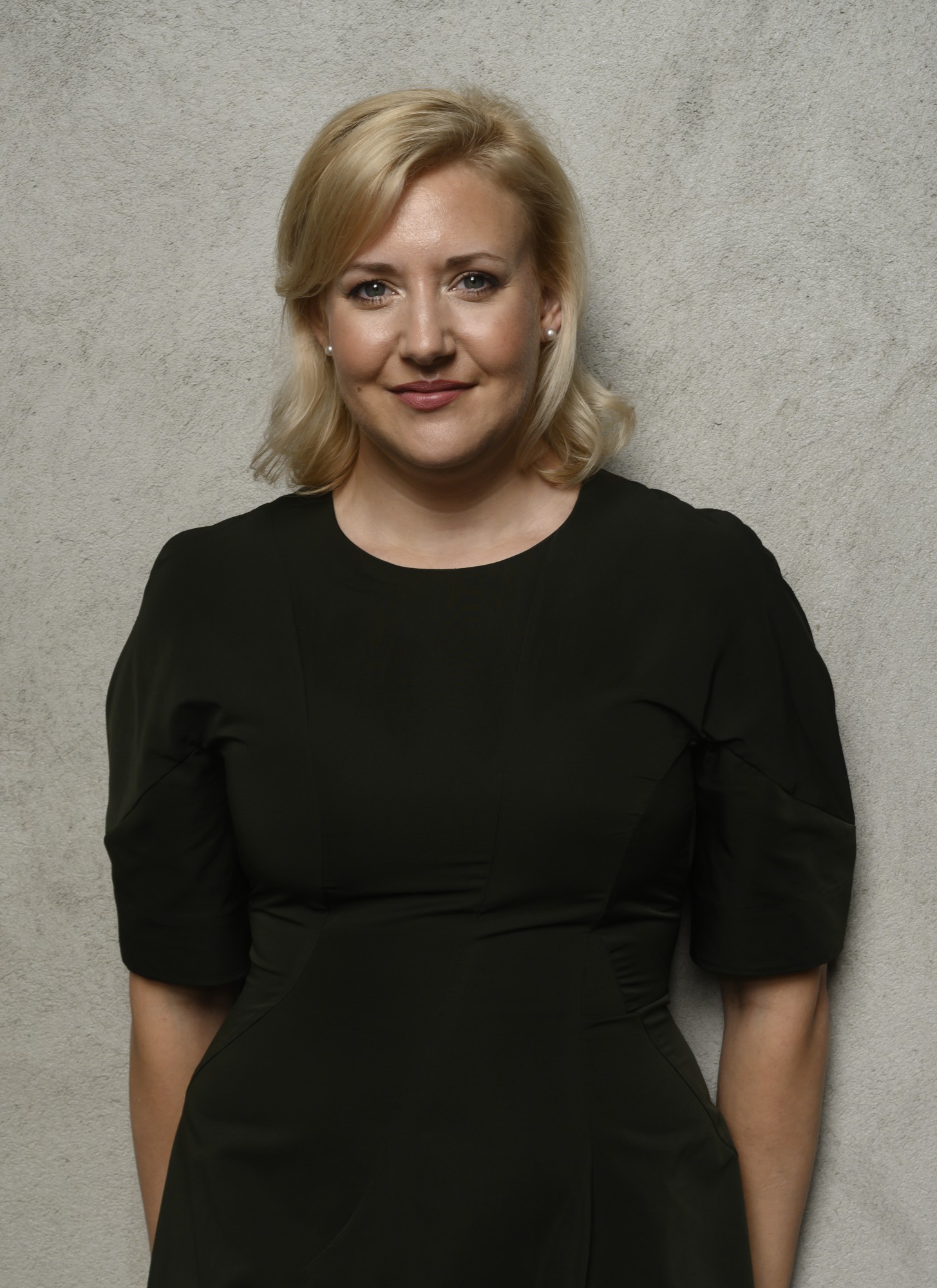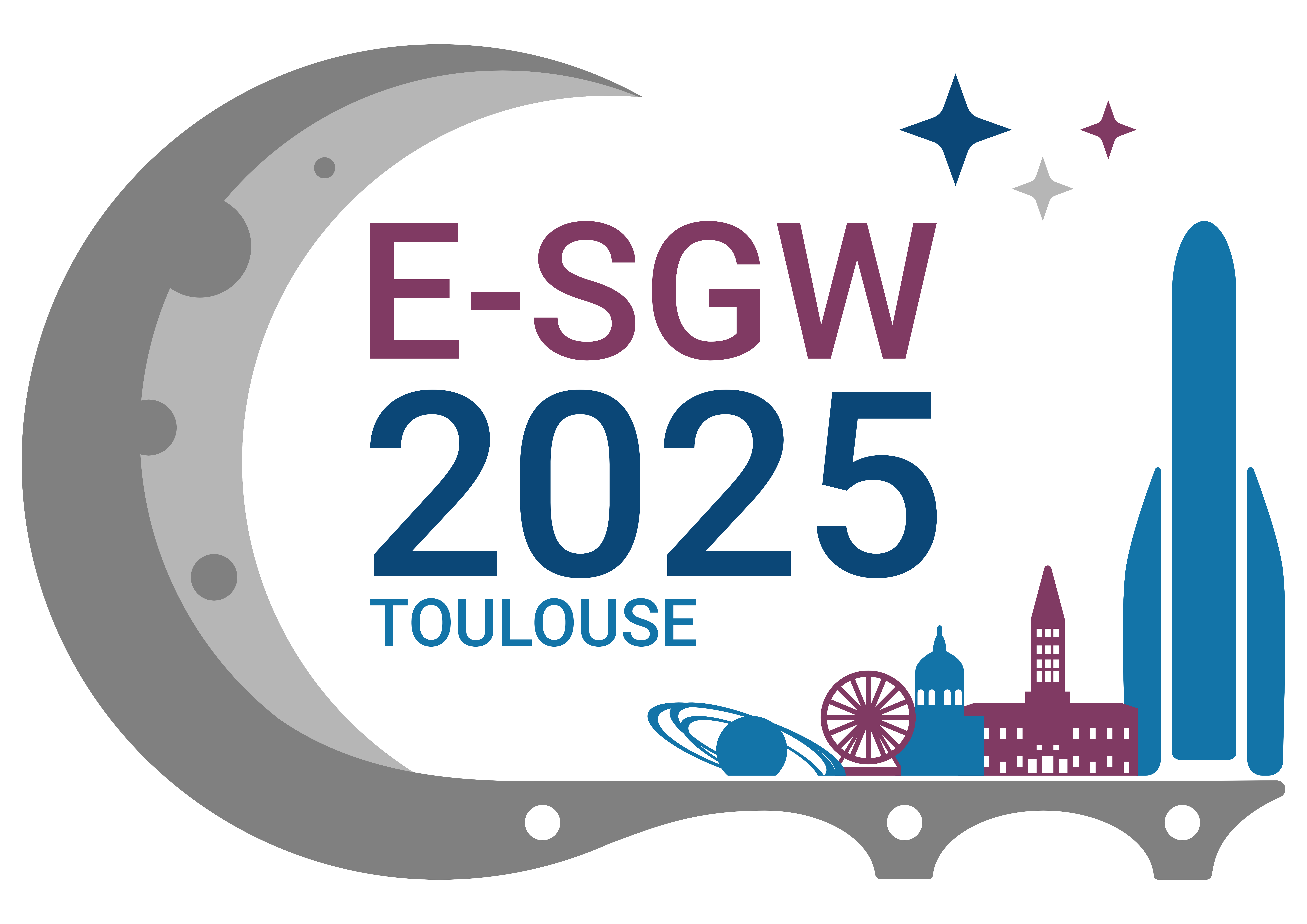

[PG-SMLS] – An insight from Europe
December 18, 2020 @ 9:00 AM - 10:30 AM CET
Sustainable exploration means that we will be required to grow food and make materials locally. As humanity evolved inside the Earth’s protective biosphere, unparalleled complications can occur outside Earth. Humanity’s engagement in deep space will require us to identify what problems can occur to human’s health and how we can use organisms to our advantage. Space biological research often has a sustainability or health side to it.
Space biological research will be critical to sustainable exploration. What are a few of these space biological research, and how can it benefit life on Earth?
This webinar is a continuation of our Introduction to Space Medicine and Life Science series where we aim to bring the latest space biological knowledge to students and young professionals.
The speakers :

Stefania Giacomello studied Biotechnology at the University of Udine in Italy and then moved to Cambridge (UK) to study key genes involved in wheat development. After obtaining her PhD degree in plant genomics at the University of Udine, she moved to Stockholm in 2013 for her postdoctoral training at SciLifeLab. During that time, she contributed to the development of Spatial Transcriptomics, a technology that allows to generate 2D gene expression maps of tissue sections. Before starting her research group at the end of 2018, she worked for two and a half years at the National Bioinformatics Infrastructure of Sweden where she mostly analyzed single-cell RNA-sequencing data from animal samples. Currently, her research group at SciLifeLab focuses on the fundamental question of how cell localization influences biological processes both in animal and plant tissues by developing and applying single-cell and spatial transcriptomics approaches, which are core technologies of her lab. She has collaborated with NASA GeneLab since early 2019.


Tricia Larose
Tricia is a Medical Advisor at the Institute of Aviation Medicine, Norwegian Armed Forces Medical Services in Oslo, Norway. She is a Scientist-Astronaut Candidate with Project PoSSUM, published children’s book author, andmotivational speaker.



